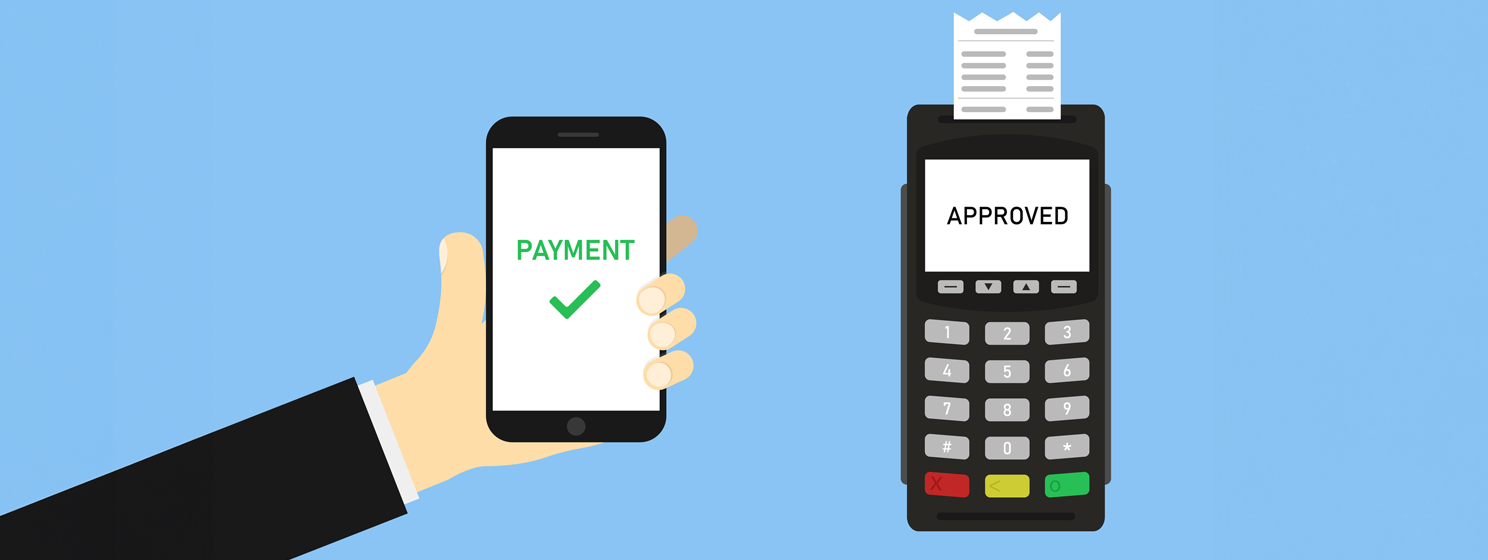|
Getting your Trinity Audio player ready...
|
China’s attempt to float a central bank digital currency (CBDC) has seen it sign a handful of Memorandum of Understanding (MoU) with several nations, with Kazakhstan being the most recent addition to the list.
Under the deal, China and Kazakhstan will jointly explore the concept of CBDCs, including retail and wholesale iterations, to improve their financial ecosystems. The historic partnership comes after Chinese President Xi Jinping visited Kazakhstan in early July, with cross-border transactions forming the crux of high-level discussions.
The agreement is expected to be the precursor for both nations to use their homegrown CBDCs for bilateral trade settlements rather than a dependency on the dollar. Trade volumes between China and Kazakhstan have been on the rise since the start of the decade, famously reaching a new all-time high of $41 billion in 2023.
To promote the use of their local currencies while reaping the myriad benefits of digitization, China and Kazakhstan are throwing their weight behind CBDCs. Although Xi’s statement did not delve into details, observers expect that state-backed oil and gas transactions will be settled using CBDCs, while others are betting on the development of robust cross-border retail offerings.
Both countries are not inexperienced when it comes to CBDCs, with Kazakhstan famously completing its digital tenge pilot in late 2023. A report published by the National Bank of Kazakhstan stated that the digital tenge showed promise for a commercial rollout after studies involving simple payments.
Although Kazakhstan’s CBDC development is still in its early stages, the digital tenge already boasts impressive capabilities, including programmability and tokenization.
On the other hand, China has emerged as the global leader for CBDCs, as evidenced by its extensive four-year pilot. As the date for the mainstream rollout of the digital yuan inches closer, the People’s Bank of China (PBoC) has tested use cases in transportation, securities, cross-border trade, and hospitality.
Xi’s fifth visit to the Central Asian country since assuming office saw both countries sign several partnership deals, including commitments to support Kazakhstan’s joining BRICS and mutual visa-exemption arrangements.
“China will work shoulder to shoulder with Kazakhstan on the path to national prosperity and rejuvenation,” said Xi. “Let us jointly draw up a new blueprint for closer cooperation and open a new chapter in China-Kazakhstan friendly relations.”
Leaning on mBridge?
Since the MoU was signed, speculation has swirled that China and Kazakhstan could use the cross-border CBDC platform mBridge to achieve their goals.
However, certain speed bumps currently stand in the way, particularly the absence of Kazakhstan as an integral team member. Kazakhstan has been an observer of the CBDC project and could formally signal its intention to be a core participant following the completion of advanced studies by the Bank for International Settlements (BIS).
Observers have construed the rollout of a minimum viable product (MVP) as a strong statement of intent, with the project indicating promise for seamless cross-border settlements.
Watch: CBDCs are more than just digital money

 03-05-2026
03-05-2026 




